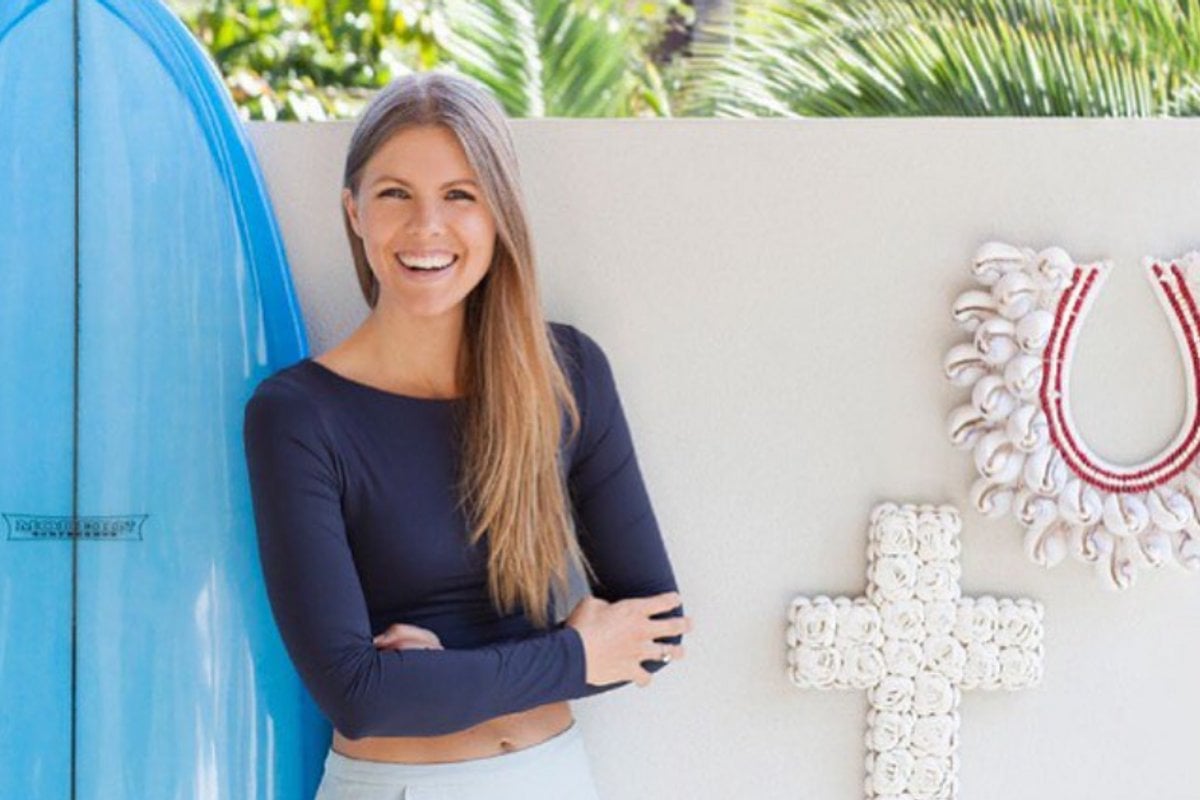
Jessica Ainscough. She's known as the original "wellness warrior". The Australian blogger and former online editor of Dolly magazine was an influencer before influencers were even a thing.
Today, wellness influencers are a staple of every social media platform. But back in the early 2000s, they were just beginning to flourish. Many of us hadn't even heard of the term 'wellness'.
However, the interest behind holistic health and natural remedies had started to gain momentum. And with it came a sinister side to the movement.
Controversial figures like Belle Gibson, the disgraced wellness blogger and convicted fraudster who faked her cancer diagnosis, had the power to influence and leverage a massive following of people - particularly sick people.
This ultimately brought about a tension - one that still continues today - between traditional medicine and holistic wellbeing.
This is where Jess Ainscough came in. She was, in the early days, thought of as Belle's contemporary.
Watch: Elle Halliwell on facing life and death on the same weekend. Post continues below.
In 2008, Jess was diagnosed with a rare epithelioid sarcoma. She was only 23.

